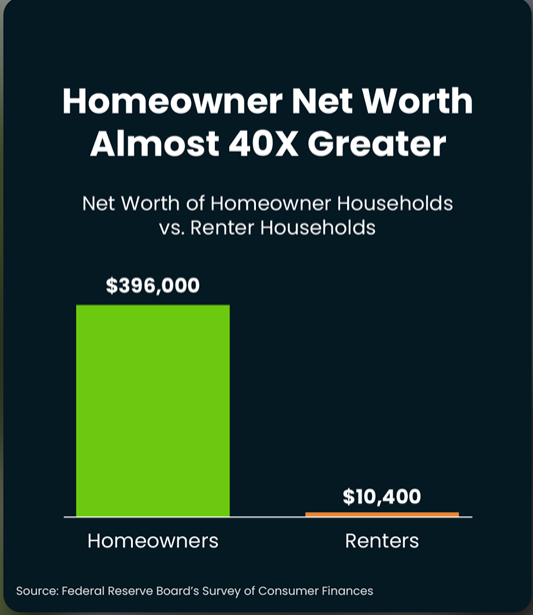
Home Ownership: The Heart of The American Dream
Everyone’s vision for the future is personal and unique. But for many, common goals include success, freedom, and prosperity — values closely tied to having your own home and the iconic feeling of achieving the American Dream. A recent survey by Bankrate reveals exactly that: homeownership is sti

Home Values Rise Even as Median Prices Fall
Recent headlines have been buzzing about the median asking price of homes dropping compared to last year, and that’s sparked plenty of confusion. And as a buyer or seller, it’s easy to assume that means prices are coming down. But here’s the catch: those numbers don’t tell the full story. Nationa

Falling Mortgage Rates Are Bringing Buyers Back
If you’ve been hesitant to list your house because you’re worried no one’s buying, here’s your sign it may be time to talk with an agent. After months of high rates keeping buyers on the sidelines, things are starting to shift. Rates are already coming down due to a number of economic factors.
Categories
Recent Posts










